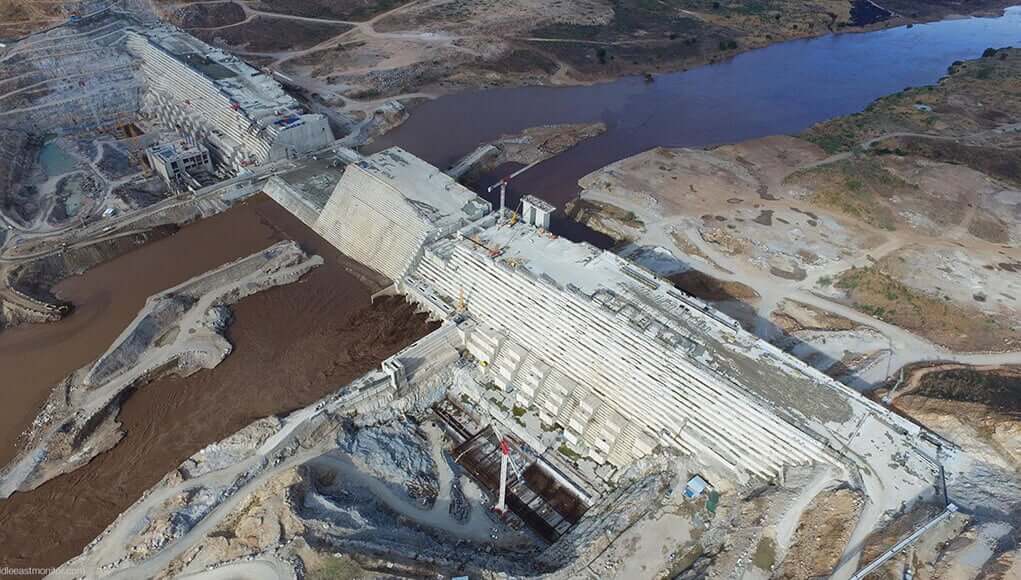Ethiopia announced the failure to reach an agreement with Egypt on the Renaissance Dam dispute “despite progress being made” in the negotiations.
This came in a tweet by the Minister of Water, Irrigation and Energy, Seleshi Bekele, on Tuesday, after Cairo announced the conclusion of negotiations held under the auspices of the African Union, with “continuing differences overfilling and operating rules.”
Bekele said that the tripartite negotiations on the Renaissance Dam, which were held during the past 11 days in the presence of 11 observers and experts, ended last night.
He added: “Despite the progress achieved in the negotiations, no agreement was reached leading to the relief of the crisis.”
He continued: “Today we prepare reports to the African Union and our leaders,” expecting the continuation of negotiations, without mentioning a specific time.
On Monday, the Egyptian Ministry of Water Resources and Irrigation issued a statement reviewing the results of the negotiations, in which the water ministers of Egypt, Sudan and Ethiopia participated, in addition to observers from the United States and the European and African Unions.
“At the end of the meeting, the ministers agreed that each country will submit its final report on the path of negotiations, Tuesday, to South Africa, as the current president of the African Union, in preparation for the convening of the mini-African summit,” the statement said.
On July 3, the tripartite meetings were resumed, through video technology, between the water ministers of the three countries, to discuss reaching an agreement on filling and operating the dam, under the auspices of the African Union.
Ethiopia is adhering to filling and operating the dam during this July, while Egypt and Sudan refuse to add Addis Ababa to this step before reaching an agreement.
Egypt fears that its annual share of the Nile’s water, amounting to 55.5 billion cubic meters, will be affected, and demands an agreement on files, including the safety of the dam, and the determination of its filling bases in times of drought.
While Addis Ababa says that it does not aim to harm the interests of Egypt and Sudan and that the aim of building the dam is to generate electricity and develop the country.












